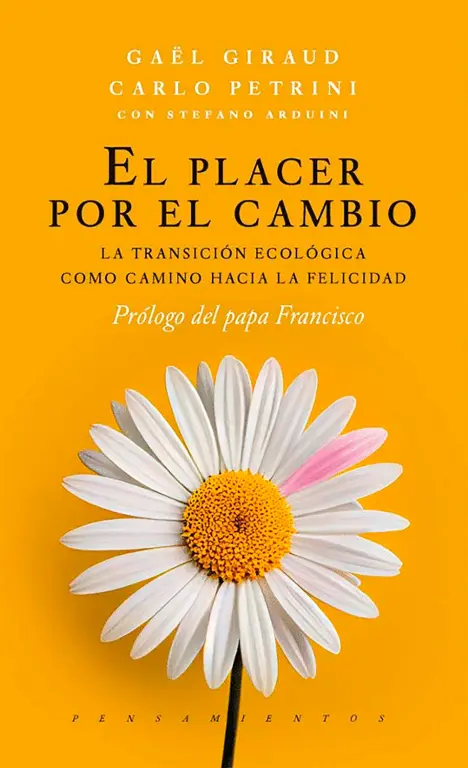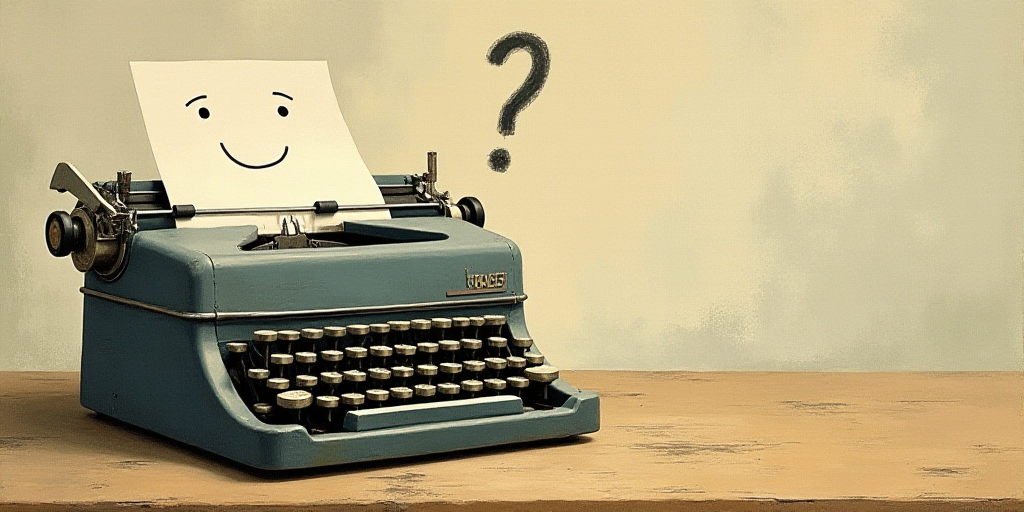A Dialogue on the Prevalent Economic Model and Humanity’s Detrimental Relationship with Nature
On World Environment Day, Gaël Giraud, an economist and Jesuit, and Carlo Petrini, a sociologist and gastronome, engaged in a fruitful discussion in Rieti, Italy, moderated by journalist Stefano Arduini. Their contrasting viewpoints – Giraud, a theorist of ecological transition from Georgetown University; Petrini, an activist and founder of the Slow Food movement and Terra Madre – conversed about the prevailing economic model and humanity’s damaging relationship with nature. Their dialogue has been compiled in the book “The Pleasure of Change: Ecological Transition as a Path to Happiness” (Jus, 2024), which bears a foreword by the late Pope Francis.
Relevance and Background
Pope Francis, who praised the book for instilling hope, authenticity, and a sense of future, previously witnessed a similar rejuvenation of hope in his generation nearly 30 years ago through the correspondence between Jesuit Cardinal Carlo Maria Martini and semioticist and philosopher Umberto Eco (“What Do Non-Believers Believe?”, 1996). This exchange aimed to reignite hope in disillusioned youth amidst postmodernity’s world and offer a promise of life and future.
The Plastic Planet: A Growing Concern
One of the book’s key topics is humanity’s plastic pollution, which this year’s World Environment Day (June 5) theme. In three decades, global plastic production has quintupled from 50 million tonnes to nearly 350 million, as per marine biologist Silvio Greco. This poses a genuine threat not only to marine ecosystems but also to the entire planet.
- By 2025, the world will produce 4 billion tonnes of urban solid waste, with half consisting of non-biodegradable materials like plastics and metals.
- According to the World Wildlife Fund, we ingest the equivalent of a credit card’s weight in microplastics weekly through our food chain.
These statistics, though distant for urban dwellers, have severe consequences on marine life and pose risks to human health via microplastic consumption.
Transitioning Towards Ecological Responsibility
Joining the inevitable ecological transition is crucial for sustaining life on Earth. Giraud, Petrini, Arduini, and the book’s authors emphasize two starting points for change: food choices and behavior within the economic-financial system.
“The Pleasure of Change: Ecological Transition as a Path to Happiness” is an optimistic, viable call for collective awareness and urgent commitment to preserving humanity’s best qualities.
Key Questions and Answers
- What is the book about? It’s a dialogue between Gaël Giraud and Carlo Petrini, discussing the prevailing economic model and humanity’s detrimental relationship with nature. The late Pope Francis wrote the foreword, praising its hopeful and authentic message.
- Who are Gaël Giraud and Carlo Petrini? Giraud is an ecological transition theorist from Georgetown University. Petrini founded the Slow Food movement and Terra Madre, advocating for sustainable production and consumption.
- What is the main concern discussed in the book? The book primarily addresses plastic pollution, a growing global issue highlighted this year’s World Environment Day.
- Why is addressing plastic pollution important? Plastic waste poses severe threats to marine ecosystems and human health through microplastic ingestion.

Portada del libro El placer por el cambio.
“The Pleasure of Change: Ecological Transition as a Path to Happiness”
- Authors: Gaël Giraud, Carlo Petrini, Pope Francis, Stefano Arduini
- Publisher: Jus
- Year: 2024
- Pages: 144
- Price: $318






